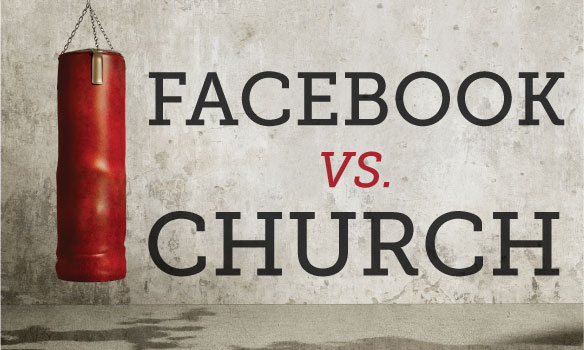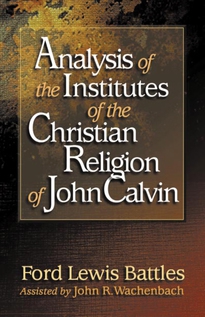By Aimee Byrd
God has ordained very ordinary means to communicate extraordinary grace while the world uses extraordinary means to communicate ordinary, humdrum data.
A study done by Retrevo interviewing one thousand people indicates that 48 percent of us check Facebook before getting out of bed. So eager to get the latest update, many don’t seem to mind being interrupted during a meal, in the bathroom, or even during an intimate moment. Facebook and Twitter seem to be a preferred means to take in the daily news, according to this study. And what is the worthy information that we are running to our gadgets for? One quick glance of my Facebook newsfeed is showing me a picture of a friend’s coffee drink, some people complaining about the weather, a handful of worthy articles to share (and funny ones too), an announcement that a friend’s son received his driving license, as well as numerous selfies and advertisements. Pretty ordinary.
And yet the actual percentage of people who will get out of bed for a worship service as regular attendees may be less than 20 percent. Do the means of grace that God has instituted seem too ordinary to get out of bed for? Are we welcoming interruptions by our social networks while turning a blind eye to the weekly interruption of the age to come into this age—an age that is wasting away? That is in a sense what is happening when we gather for corporate worship—the future is interrupting the present.
While our spectacular, shiny devices mediate our friends’ latest status updates to us, Jesus Christ and all his benefits are conferred to us through the preached Word and the sacraments. Hebrews tells us that Jesus is the Mediator of a better covenant that is established by better promises (8:6). We have direct access to God through Christ’s priestly service. Not only that, but in him we make up the living temple of God, “mediating God’s presence to the world.” The church is a living picture of extraordinary grace. We are a body full of helpless sinners, who have been rescued and redeemed and now embody the Spirit of our Savior himself! Yes, we are individually given the Holy Spirit as a sign and a seal of our new creation in Christ, but together as his church we are his beloved bride that he will come for on that approaching day.
As our weeks bombard us with updates through the means of our extraordinary devices, we may begin to think that we are receiving extraordinary information. But when we are called together as a people to a set-apart space, we hear truly amazing news. We need to hear the gospel preached because this good news is completely outside of ourselves. And not only is the message powerful, but the Word itself is living and active, revealing our hearts (see Heb. 4:12). I may be able to present my best to you on all my social profiles, but before God I am completely exposed. The law of his Word undresses my faux self-importance and self-righteousness, and then the gospel graciously clothes me in the righteousness of Christ. I find that all the little stories I think are significant throughout the week are put in perspective as I’m recast into the divine drama revealed in Scripture.
Michael Horton articulates it so well:
“Created by speech, upheld by speech, and one day glorified by speech, we are, like the rest of creation, summoned beings, not autonomous. We exist because we have been spoken into existence, and we persist in time because the Spirit ensures that the Father’s speaking, in the Son, will not return void.”
This article is adapted from Theological Fitness by Aimee Byrd





